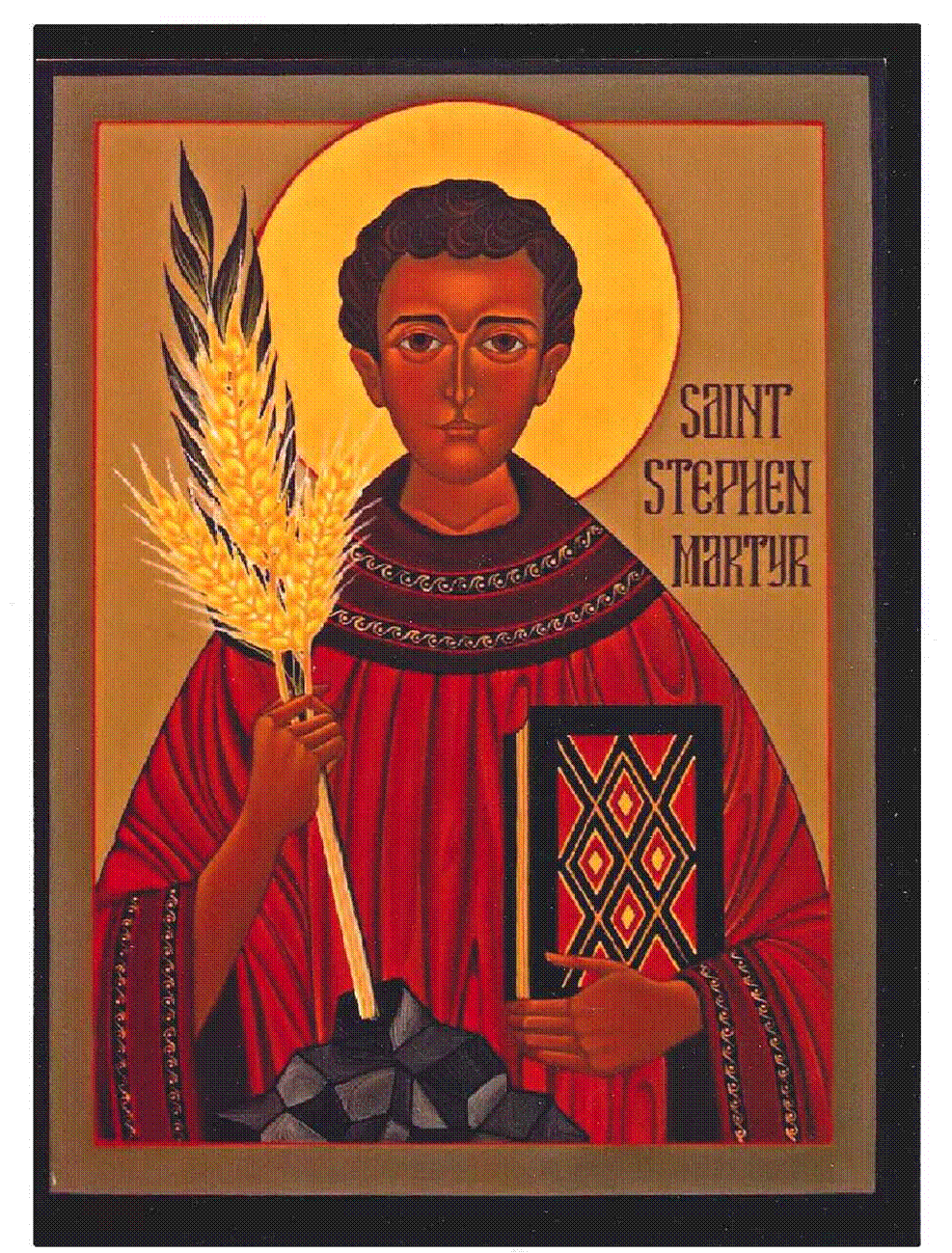When the Beatles were Booed at Woodstock
- Ann Iona Warner
- Oct 23, 2019
- 4 min read

I sometimes have dreams that leave me tired and troubled in the morning. I can rarely remember details. I just remember that I had a "really weird dream."
Sometimes I have dreams that I remember, and unlike the wise souls of the Bible, I have no idea what they mean.
This dream was one of them.
I was at Woodstock.
I know it was the Woodstock location. I've been there twice this year. In my dream, I was sitting in theater seats, which are definitely NOT Woodstock. I was sitting next to a very sad soul who was mourning the death of Grace Slick, which I found odd since Slick and the Jefferson Airplane were scheduled to perform soon.
The Beatles were not scheduled to perform. They were just there as observers. As a professional courtesy, the announcer pointed them out and thanked them for being there. The crowd applauded and then started chanting for them to get up on the stage and play.
And so the Beatles came onto the stage. It was Paul McCartney, Ringo Starr, and about five other players we'd never seen. And even though it was a "spontaneous" performance, it was clearly not spontaneous. Who has a left-handed bass guitar just sitting around? Two drum sets? Music stands with the music on it?
Then the wind started blowing. The music blew off the stands. The musicians (except for Paul and Ringo) clearly didn't know what they were doing. The audience booed. They booed the Beatles at Woodstock.
I woke up, remembered the dream, and have spent weeks trying to figure out what it could mean.
I love history museums. I’m interested in museums that cover the time of my parents and grandparents.
Woodstock is a museum of MY childhood.
Neither Dave nor I remember much about when Woodstock happened. Dave was newly back in the United States. I have a vague recollection of news stories about crowds and mud and drugs. A year later, there was an anti-war protest at the University of Denver, which was dubbed "Woodstock West." I was forbidden from going to that part of campus because of the drugs. I associate Woodstock with drugs.
I was fascinated with a timeline of the 1960s along one wall of the museum at Woodstock. As the years progressed, I remembered more and more of the events. I didn't correctly remember the order of some things.
It's strange to look at a dispassionate display of my history.
While I was not very interested in much of the music of the time, even I was familiar with what came out of Woodstock. Did you know that by the time Jimi Hendrix played his now-infamous rendition of the Star-Spangled Banner, there were only 25,000 people left at the performance site? The other 475,000 had left.
And of course, we know Joni Mitchell's famous song Woodstock. Except she wasn't at Woodstock. She wrote it in a hotel room watching the event on TV.
Woodstock's impact wasn't just in the past, and it wasn’t just musical.
"After Woodstock, the spirit of caring for others found expression in events such as The Concert for Bangladesh, Live Aid, Farm Aid, We Are the World, and countless other highly visible music fundraisers. The Hog Farm's free kitchen was many young people's first encounter with granola and bulgur wheat, signaling the rise in popular awareness of natural foods. The environmental movement, Earth Day, recycling, and society-wide awareness of biodegradable products and packaging are all outgrowths of the 1960s Counterculture on display at Woodstock. The peace movement, women's movement, LGBTQ movements, #MeToo, the Women's March, Black Lives Matter, and the student gun control movement all have their roots in the 1960s." (Museum Exhibit, Woodstock Museum at Bethel Woods Center for the Arts)
Why this trip down memory lane?
It seems that as people get older, they dwell more on the past. For people with dementia, the past may be all they have left. For those facing death, remembering the past is a way to reflect on the value of a life soon to be gone. For those growing older, a trip down memory lane is a chance to pass on stories to children and grandchildren.
The Bible is considered one of the greatest books of history. But the Bible rarely actually reflects on history. There are several times when the history of God’s people from Abraham to Moses to Joseph to David is recounted. But those stories are retold to scold the people that they failed to listen to the prophecies of what would happen. Those trips down memory lane are a reminder that the people of the Bible consistently failed to listen to God’s promises of the future.
"I do not claim that I have already succeeded or have already become perfect. I keep striving to win the prize for which Christ Jesus has already won me to himself. Of course, my friends, I really do not think that I have already won it; the one thing I do, however, is to forget what is behind me and do my best to reach what is ahead. So I run straight toward the goal in order to win the prize, which is God's call through Christ Jesus to the life above." (Philippians 3: 12-14, Good News translation)
- Ann Iona Warner















